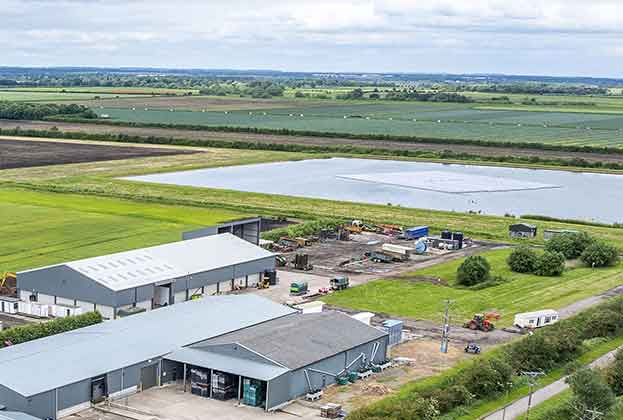On the 9 November 2020 Glasgow was due to host the United Nations Climate Change Conference (COP26), widely recognised as the most important climate summit since the landmark Paris Agreement in 2015. Like many events in 2020 it has been pushed back to November 2021 due to the pandemic.
Although there is significant disappointment that another year will pass before key components of the Paris Agreement are hopefully enacted by member states, many countries are continuing to commit to their own net zero targets which is a cause for hope.
2019 saw the beginning of ‘climate emergency’ declarations by local government bodies in the UK and legally binding targets of reaching net zero carbon by 2050 by national governments. The UK was the first national government to do this in May and by November the European Parliament had done the same. 2020 has seen a similar trend in Asia as South Korea and Japan commit to achieving carbon neutrality by 2050 and China by 2060.
Commitments are not just being made by governments but also by commercial organisations, the likes of Microsoft and PWC have all committed to zero targets by 2030. Savills itself has set a target of achieving net zero carbon for our workplaces and company-owned vehicles by 2030. To support this commitment we’ve set up an Energy and Sustainability Hub comprising a team of 80+ advising clients on how to drive forward change in the low carbon sector.
The positive sentiment around low carbon commitments seems to be reflected in stock markets both in Europe and North America with many renewable energy stocks hitting new highs in recent weeks while many oil and gas stocks are half what they were worth at the start of the year.
Time will tell if this is the tipping point for low carbon investment but it’s an interesting dynamic that’s worth keeping an eye on over the next year as we head towards the rearranged COP26.
So what can we expect from the UK Government over the next year? Well there’s a ‘green recovery’ that has already been mooted by the Prime Minister and Chancellor with an announced £160 million of investment into UK ports and infrastructure to support the offshore wind market and the £2 billion Green Homes Grant, which launched in September.
Even prior to the Covid-19 lockdown, the spring budget had a lot of green initiatives to get excited about such as:
- £800 million for carbon capture and storage
- Increasing the climate change levy on gas
- A new Green Gas Levy
- £500 million for a fast charging network for electric vehicles
- £1 billion for the Energy Innovation programme
The pandemic has dulled the discussion around many of these announcements but this statement of intent on key parts of a low carbon economy can hopefully allow one to be optimistic that we will see a good platform to build on as the economic recovery starts to gather momentum post Covid-19.
However, much work remains to be done if the UK is to have a clear and credible plan on how to reach its legally binding targets on net zero in time for the COP26 conference. The Climate Change Committee (CCC) has made it clear that the UK is not currently on track to hit its fourth and fifth Carbon Budgets (which were set to achieve an 80 per cent reduction in emissions by 2050), let alone achieve net zero in 2050.
Key to getting back on track will be the long-awaited Energy White Paper, Transport Decarbonisation Plan and the Heat and Building Strategy. Sitting within Savills, I’m particularly keen to see the Heat and Building Strategy and to explore how this might reshape the real estate sector in the UK. These papers are expected to be published before the end of 2020 or during 2021 in advance of the conference as the UK looks to show the rest of the world that it’s leading the way.
Savills has a number of events lined up for 2021 in the run up to COP26, which will be announced early in the new year.
(1).jpg)
.jpg)







.jpg)
.jpg)